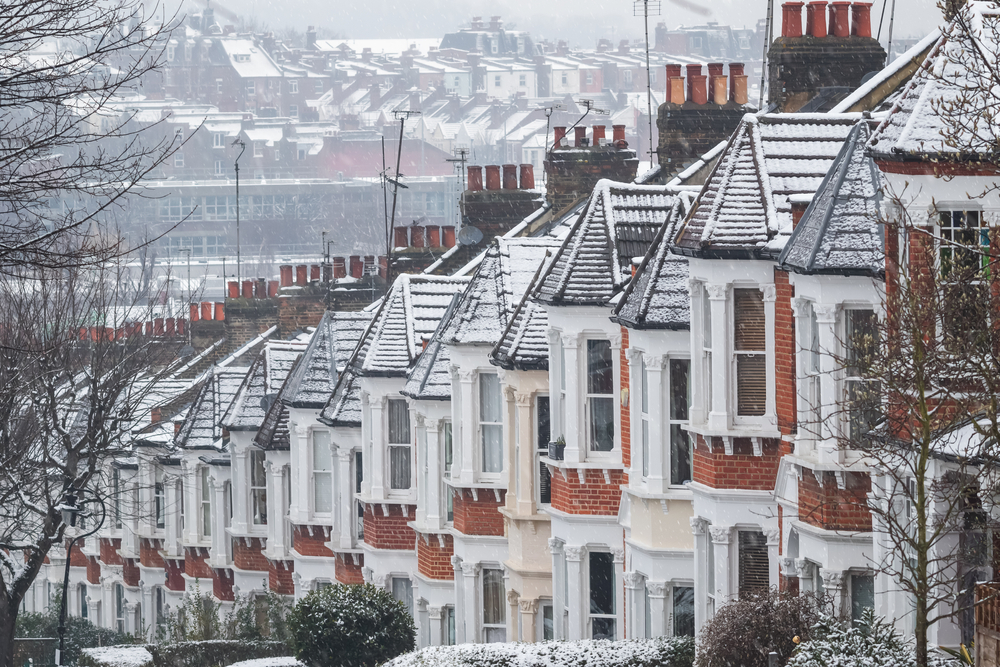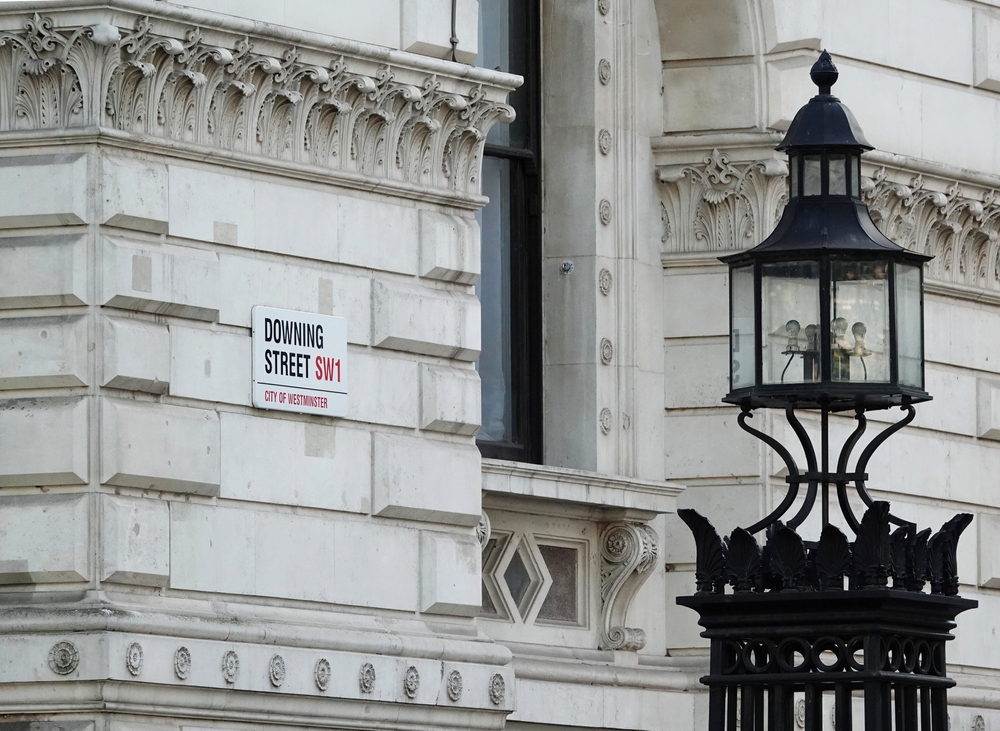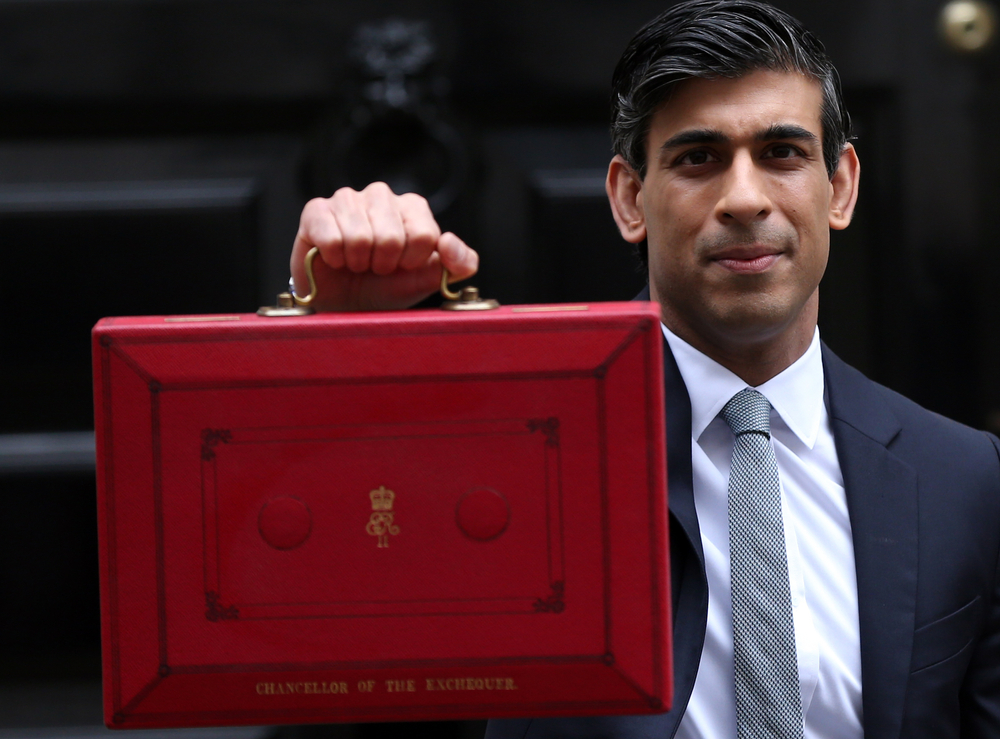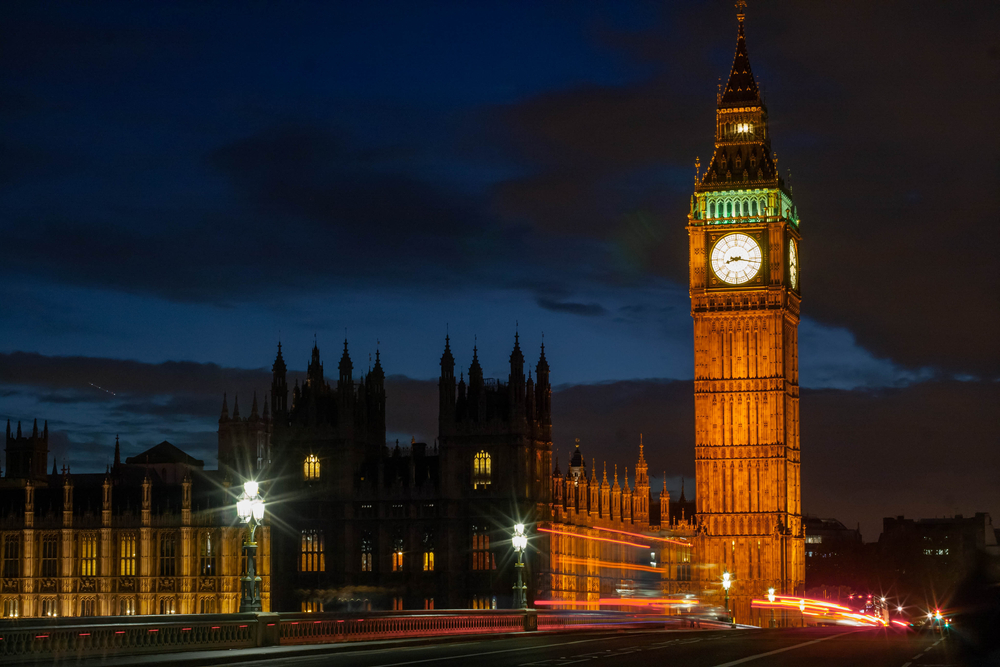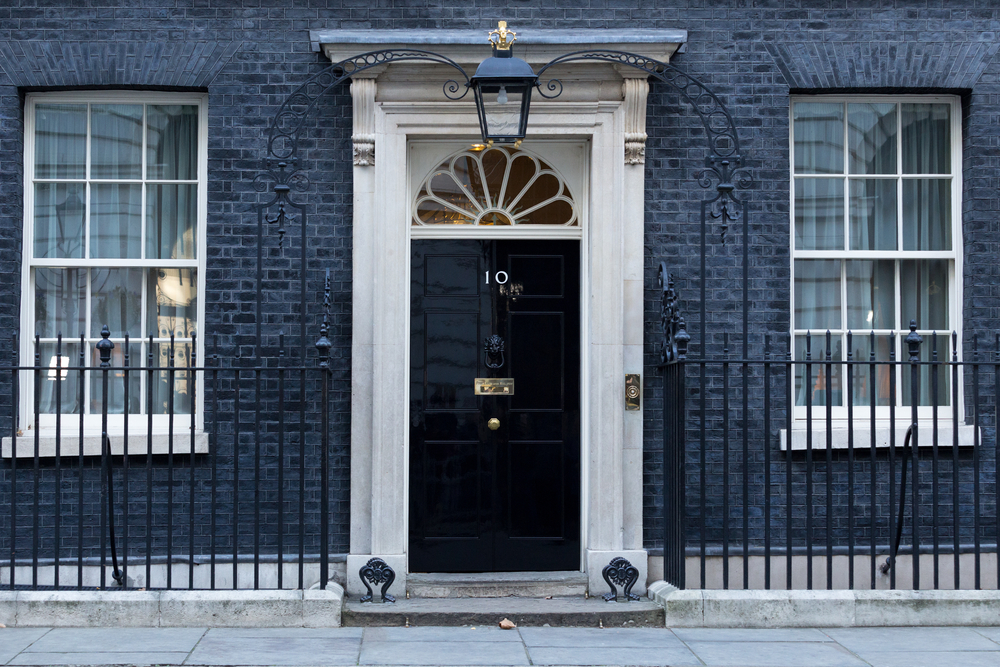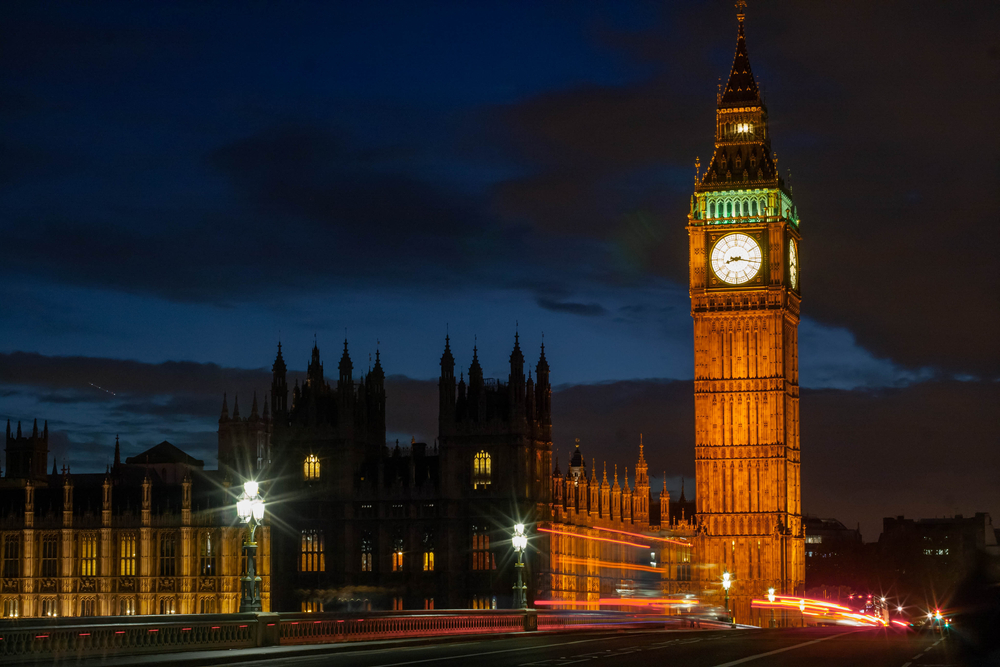As the fall-out continues from the Chancellor’s mini-Budget, new analysis of the impact of the Energy Price Guarantee has revealed a stark winter facing millions of people.
The Government’s plan only caps the cost per unit that households pay, with actual bills still determined by how much energy is consumed.
The End Fuel Poverty Coalition calculates that the combined electricity and gas unit cost of energy will surge for households by between 23% and 27% overnight on Friday. [1]
The level of surge depends on the type of payment method and where people live in the country.
When standing charges are also included in the analysis, those on standard credit will pay 12% more and those on pre-payment meters 11% more than those on direct debit.
While the Energy Bills Support Scheme will lower peoples bills by GBP400 in the short-term, this saving expires in April 2023 creating a fresh hike in people’s bills. For households on benefits, the additional support they have had since May 2022 will also expire early in 2023 making the impact even more severe. [2]
Campaigners have urged the public to take meter readings tonight and submit them to their energy suppliers to ensure they do not incur additional costs caused by the increased unit prices from 1 October 2022.
In addition, the End Fuel Poverty Coalition has urged the Government to go further in support for energy efficiency measures.
In last week’s mini-Budget, over GBP1bn additional funding was pledged to improve insulation of peoples’ homes over the next three years. New estimates show that this falls far short of the additional GBP5bn energy efficiency investment needed.
Meanwhile, the number of UK households in fuel poverty will increase from 7 million from 1 October to nearer 8m from 1 April 2023 as the Energy Bills Support Scheme runs out.
Frazer Scott, CEO of Energy Action Scotland, commented:
This week, every household across the UK must make sure it submits a meter reading to their energy firm to avoid paying a penny more than they absolutely have to when prices go up on 1 October.
Fuel poverty is at record levels, levels of energy efficiency improvements are simply too low to provide respite and financial support is just a sticking plaster on the deepest of wounds.
As unit costs for electricity and gas push bills higher still in October, communities will suffer and take years to recover. Meanwhile the impact of fuel poverty will be felt on the NHS and social care system and lives will be needlessly lost.
Asthma + Lung UK has recently seen calls to the charity’s helpline from people needing advice for help with their finances or benefits soar by 89% [3]. Dr Andrew Whittamore, Clinical Lead at Asthma + Lung UK and a practising GP, said:
Winter is the deadliest season for people with lung conditions. Cold homes are very dangerous for people with lung conditions because they provide the perfect environment for respiratory infections to thrive.
This situation is untenable and Asthma + Lung UK is urging the government to provide targeted financial support to help people with lung conditions with the rising cost of bills and living.
Tessa Khan, director of Uplift which is part of the Warm This Winter campaign, said:
The government’s massive energy bill bailout is costing us a fortune but doesn’t fix the problem at its root: millions of people will still be forced into impossible choices by soaring gas prices and still we have no credible plan from the government to wean the UK off volatile fossil fuels.
With homegrown renewables now nine times cheaper than UK gas, it is 100% in the national interest to accelerate all forms of cheap, renewable energy so that we don’t find ourselves facing the same energy bill crisis in years to come.
Rhi Hughes, Community Engagement Manager, South West London Law Centres said:
All of us will have a lack of control this winter. It won’t be a case of ‘well, I just won’t put the heating on’ or ‘I will use minimum electricity today’ to get us out of this. Although cutting down fuel use will help, our standing charges are going to sharply increase. If we can’t top up our pre-payment meters we will be getting into debt with our service charges and that debt will keep growing.
Such a range of households are going to be hit so hard by the increase. Homeowners in homes that need repairs have leaks, windows that don’t shut, doors that don’t close and they are just going to freeze as they don’t have the money to fix the problem or to put the heating on.
Some tenants are forced to live in such bad condition housing that there is nothing they can do to keep heat in as there are large cracks in walls or ceilings. It is the responsibility of the landlords to fix these issues but they don’t – especially housing association and council tenants. These large authorities are exasperating the crisis for the people they are paid rent by.
A spokesperson for the End Fuel Poverty Coalition, added:
The Government has created a double dose of pain for households. Many will be hit with the rising energy bills immediately, with another dose of pain inflicted when the financial support runs out by April 2023.
We need action now to reassure people that support will continue next year and urgent action to improve the energy efficiency of our homes into the future.
Notes
[1]
| Price cap unit rates chart | |||
| All financial numbers are quoted in p | |||
| DIRECT DEBIT | |||
| Cost from 1 Oct 22 | Cost until 30 Sep 22 | INCREASE FROM SUMMER 22 | |
| GAS UNIT (kwh) | 10.3 | 7.37 | 39.76% |
| GAS SC | 28.49 | 27.22 | 4.67% |
| ELEC UNIT | 34 | 28.34 | 19.97% |
| ELEC SC | 46.36 | 45.34 | 2.25% |
| 1 day of both fuels & 1 kwh used of both fuels | 119.15 | 108.27 | 10.05% |
| 1 unit of each | 44.3 | 35.71 | 24.05% |
| PRE PAYMENT METERS | |||
| From 1 Oct | Until 1 Oct | INCREASE | |
| GAS UNIT (kwh) | 10.63 | 7.36 | 44.43% |
| GAS SC | 37.51 | 37.28 | 0.62% |
| ELEC UNIT (kwh) | 33.08 | 28.11 | 17.68% |
| ELEC SC | 51.41 | 50.27 | 2.27% |
| 1 day of both fuels & 1 kwh used of both fuels | 132.63 | 123.02 | 7.81% |
| 1 unit of each | 43.71 | 35.47 | 23.23% |
| Uplift from DD | 13.48 | 14.75 | |
| % Uplift from DD | 11.31% | 13.62% | |
| STANDARD CREDIT | |||
| From 1 Oct | Until 1 Oct | INCREASE | |
| GAS UNIT (kwh) | 11.12 | 7.76 | 43.30% |
| GAS SC | 33.54 | 32 | 4.81% |
| ELEC UNIT (kwh) | 36.8 | 29.85 | 23.28% |
| ELEC SC | 52.4 | 51.16 | 2.42% |
| 1 day of both fuels & 1 kwh used of both fuels | 133.86 | 120.77 | 10.84% |
| 1 unit of each | 47.92 | 37.61 | 27.41% |
| Uplift from DD | 14.71 | 12.5 | |
| % Uplift from DD | 12.35% | 11.55% | |
| Original data unit cost source: https://www.moneysavingexpert.com/utilities/what-are-the-price-cap-unit-rates-/
Combinations, increases and uplifts calculated by End Fuel Poverty Coalition |
|||
[2]
| Average household bills under Ofgem Price Cap (*) and Energy Price Guarantee (**). All financial numbers quoted are in GBP. | “Average household (hh)” | Average hh increase | Those hh getting max Govt support, average hh rate | Those hh getting max Govt support, % increase |
| Oct-21* | 1277 | 1277 | ||
| Apr-22* | 1971 | 54.35% | 1571 | 23.02% |
| Oct-22** | 2100 | 6.54% | 1700 | 8.21% |
| Apr-23** | 2500 | 19.05% | 2500 | 47.06% |
| Increase Winter 2021/22 to Summer 2023 | 96% | 96% | ||
| Increase Winter 2021/22 to Winter 2022/23 | 64% | 33% |
[3] Asthma + Lung UK internal figures. Comparison August 2021 to August 2022. Website traffic on these topics also surged year-on-year by 63%.


